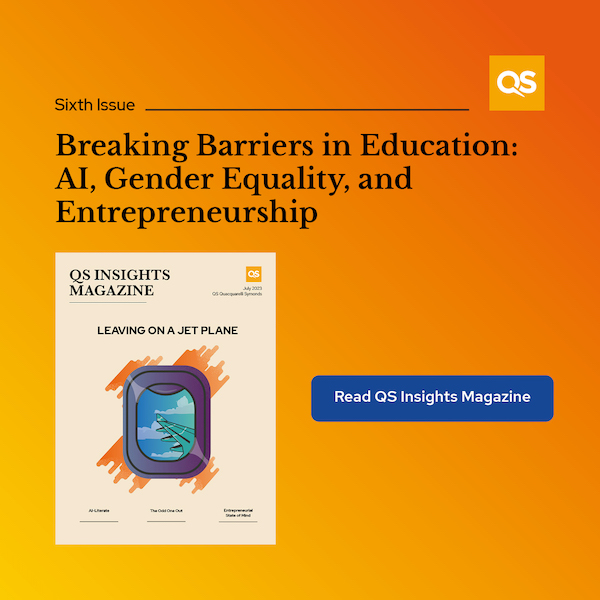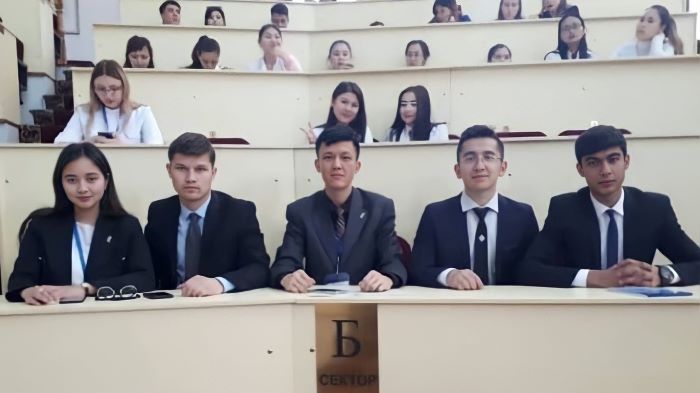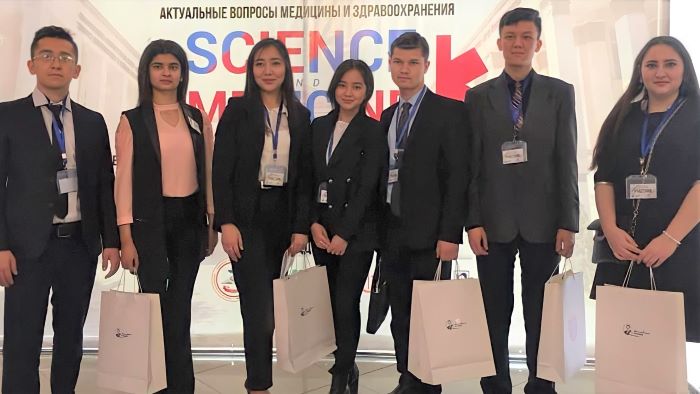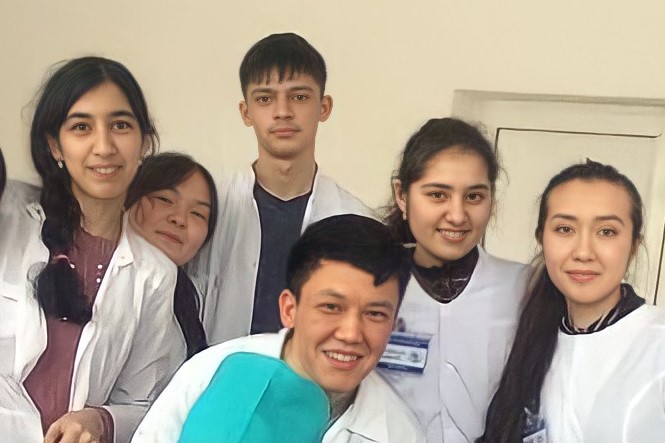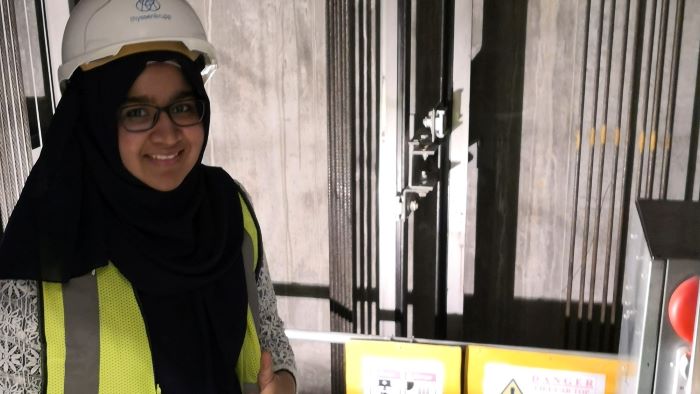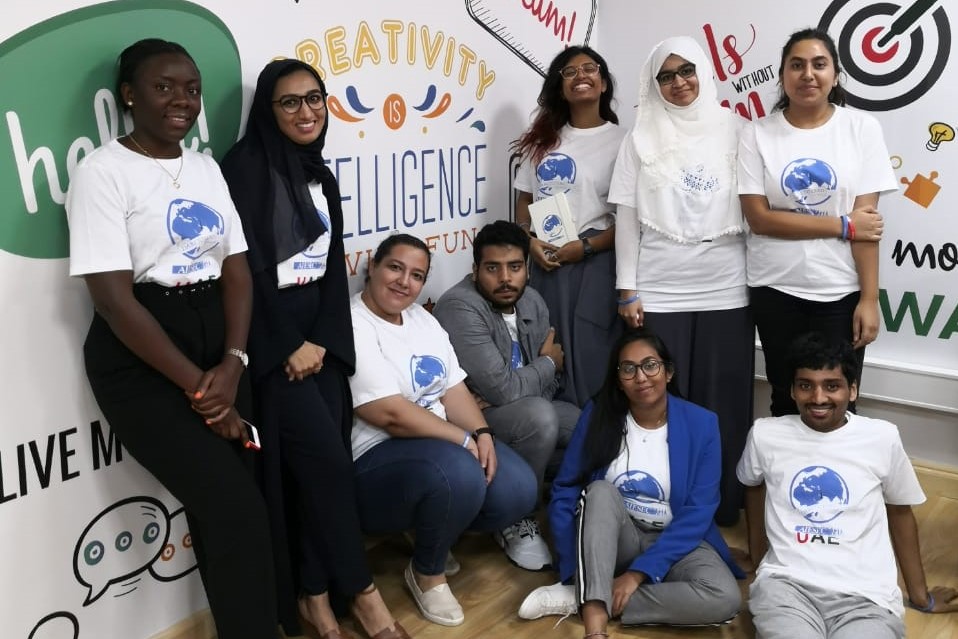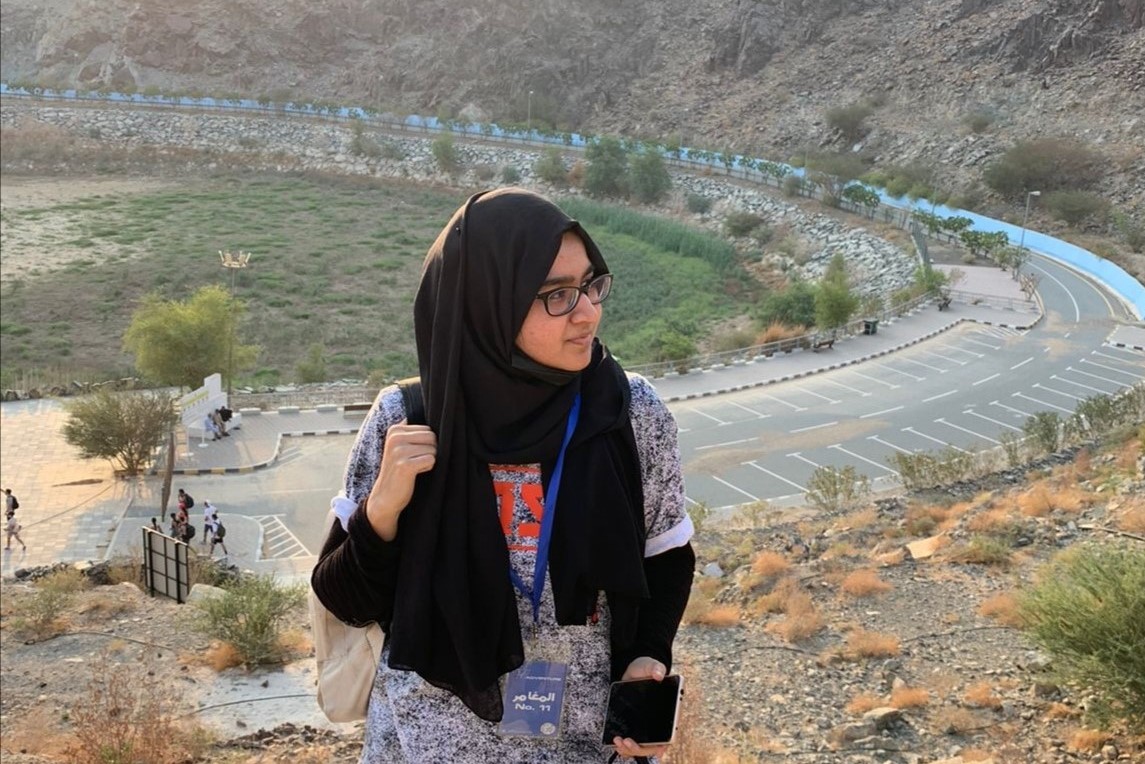Sponsored byBocconi University
Getting a job in the finance industry is extremely competitive and securing a job can be hard even for the brightest graduates. That’s why it’s essential to gain the skills and qualifications you’ll need and establish a strong network.
QSChina spoke to Bocconi University graduate, Fangyi Li, about how studying a finance master’s at a reputable university in Italy helped him achieve his career goals in the finance industry.
Fangyi told us how his MSc Finance helped him progress in his career:
Could you just give me a quick overview of your career so far?
I started my career at Merrill Lynch in its consumer and retail investment banking team here in London. In this role, I helped consumer and retail companies in their mergers and acquisitions transactions, equity and debt financing.
I worked with the bank for four years. After which, I felt like the learning curve had flattened and it was time for me to embrace a new challenge. For me, this was working as an investor rather than as an advisor and so I moved to TPG, the global private equity fund.
Can you just tell me a bit about what your current role at TPG involves?
I now work in private equity, evaluating investment opportunities. I study the industry trends by reading the reports and talking to industry experts. I also work with our advisors – working with consultants on the market study, or with accountants on financial due diligence.
I spend most of time building financial models for our internal Investment Committee materials. If we want to invest in something, the Investment Committee will have to approve it. In order for them to do that, we prepare very different materials.
We also work on portfolio management. If we buy a company, we monitor it to make sure it's on track measured against our underwriting financial plan.
Can you tell me a bit about why you chose to study at Bocconi and what particularly stood out to you about the master’s in finance at Bocconi?
I got my double bachelor's degrees back in China: one in Italian and one in economics. I wanted to deepen my knowledge in finance and to prepare for a career in finance. At the same time I thought, if I can practice my Italian that would be perfect. So, it seemed like the natural choice to apply to Bocconi University at that time. As a result, the MSc Finance at Bocconi was the only programme I applied for.
Why the finance programme? Bocconi University is a career-centred school. I wanted to prepare for a career in finance and attend a school which offers good career services. At the same time, the programme's curricula is very rigorous and practical.
Bocconi's MSc Finance programme helps you build practical skills that you can use in your day-to-day work. You'll meet and work with classmates who are ambitious and want a career in finance. I still have regular catch-ups with my classmates as a lot of them are also based in London.
The tuition fees are also lower than similar programmes in the UK or US and there's a higher chance to secure scholarships.
Can you tell me a bit about what the degree covered and how you've used your knowledge from your degree in your career so far?
As I’ve mentioned before, Bocconi University’s MSc Finance has a rigorous curricula . You study all the fundamental courses and in the second year you’ll have the opportunity to choose from four elective courses.
You can concentrate on corporate finance like I did, or you can select another option like quantitative finance. I was quite happy with my choice. Alternatively, if you're not sure of what you want to do, you do not have to declare a concentration. The accounting course, the corporate finance course and advanced corporate finance course were all hugely helpful for my jobs post-graduation and for my interviews to get those jobs.
Some of the students go on exchange programmes in their second year, which is great because you'll get to visit other countries and get that international perspective.
How has Bocconi supported you in your career while you were studying and after graduating?
Before I joined in Bocconi, I only had a rough idea that I wanted a career in finance . I didn't have a clear picture. I didn't know what an investment bank or a private equity bank did.
When I was studying there, I went to an investment bank weekend, where representatives from investment banking firms came to the campus.
There were also students there who did a summer internship in investment banking. I found this particularly helpful to understand what the job actually entails and to find out more about their experiences.
By speaking with the representatives and also your fellow students, you get an idea of whether the culture is for you, and whether you actually want to pursue a career in banking or you want to do something else. I found that incredibly helpful.
After graduation, I think the biggest asset you have is that a lot of your friends from the programme will also work in banking. You will start your career at the same time as your classmates, so it's really great to keep in touch, both personally and professionally.
After university, you started working at Merrill Lynch. How do you think your MSc Finance from Bocconi helped you secure this role?
When I started, I thought I wanted to do something like risk management. I’m good with numbers and I thought the competition for jobs would probably be lower.
I didn't realise back then that risk management actually requires you to have some coding skills. I soon realised that this career path was not for me and that I wanted to do something else. I got in touch with Bocconi’s alumni network and now here I am!
I would advise students to leverage the networking opportunities in those investment weekends, and to use LinkedIn to reach out to any alumni you want to speak with.
I find people are incredibly helpful. Most of them will respond to your cold emails and talking to alumni will actually give you a much higher chance of securing an interview. Bocconi is a very respectable university, particularly in Italy and this reputation helps.
Overall, would you say that studying abroad in Italy helped your career?
Living in Italy is really fun because you're right in the centre of Europe. I travelled quite a bit while studying. The food is amazing and the weather is good for most of the year.
Another great thing is that you're not expected to be fluent in Italian. Within Bocconi University, you can use English whenever you like. Outside of the university, although it's useful to know a little bit of Italian, you can still use English for the most part.
There are also so many networking opportunities on offer and you’ll have a strong alumni network behind you.
Overall, would you recommend studying an MSc in Finance at Bocconi?
Of course I would!
当然会!
